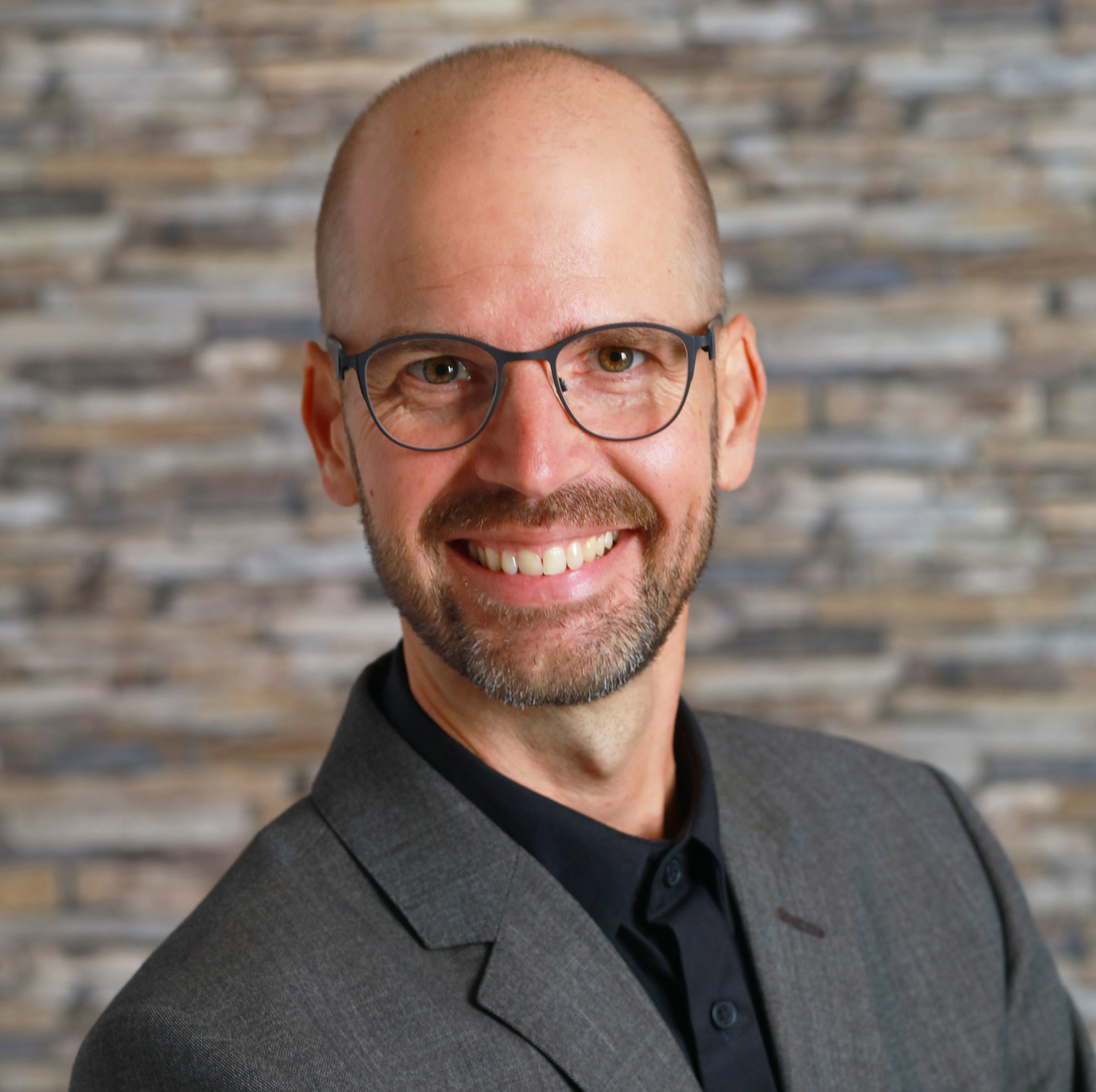
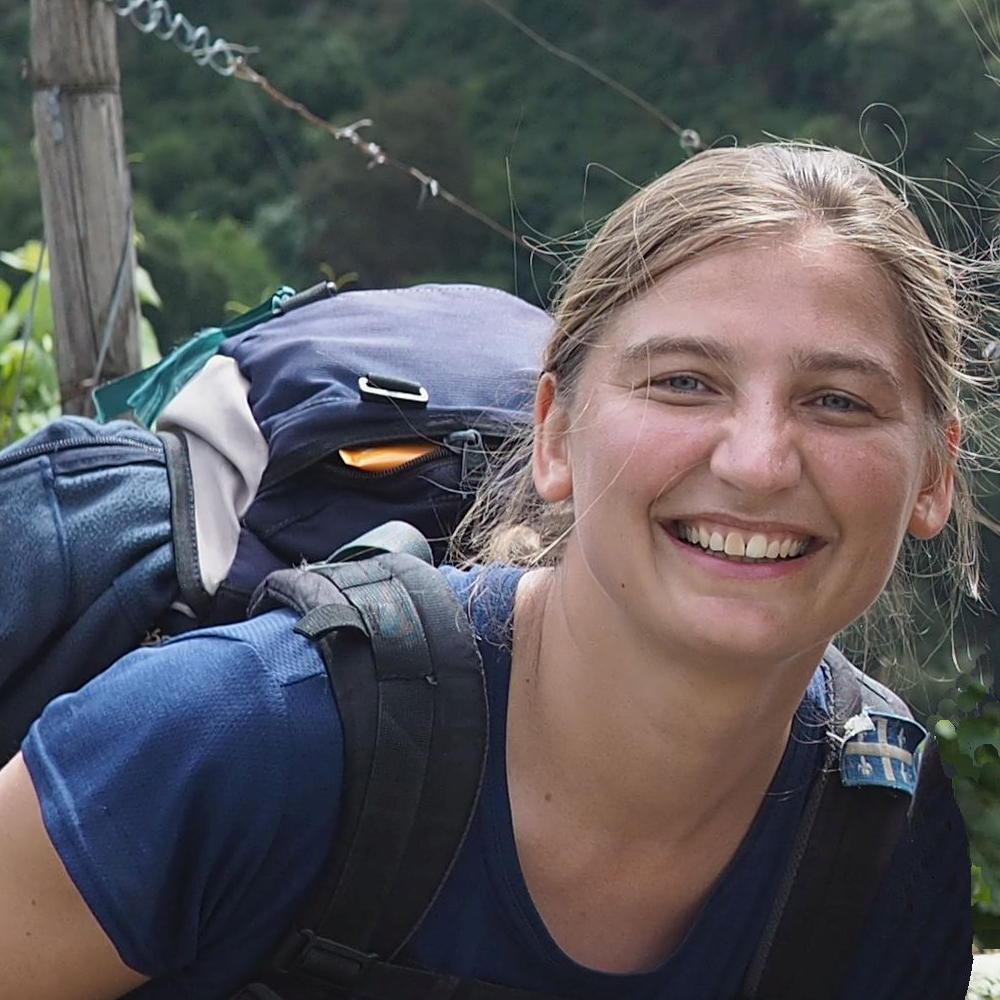

Dr. Sebastian Mieruch-Schnülle is working at the
Alfred-Wegener-Institute in Bremerhaven, Germany. He is a full
stack web-developer
with expertise in Docker, PHP, Laravel,
JavaScript, jQuery, WebSockets, Bootstrap, HTML5 canvas and
more. Together with Prof. Dr. Reiner Schlitzer he has
developed https://webodv.awi.de.
Additionally, Sebastian has, together with Dr. Serdar
Demirel, developed an AI algorithm based on Neural Networks and Deep
Learning methods for automated quality control of ocean temperature measurements
(https://salacia-ml.awi.de).
Sebastian studied physics at the University Oldenburg,
Germany, with focus on nonlinear dynamics and complex
systems, stochastic processes and time-series analysis. He
received his PhD from the University Bremen in 2009 where
he worked on global satellite data using classical
statistics like hypothesis testing, Bayesian statistics,
Markov-Chains, complex networks and methods from Shannon's
information theory. From 2012-2015 Sebastian worked at the
Karlsruhe Institute of Technology in the BMBF MiKlip
project on decadal climate prediction with a fucus on
running regional climate models on supercomputers and
skill assessments. Since 2016 he is working at the AWI on
the Ocean Data View Software, especially on the online
version webODV.
Merret Buurman is a scientific programmer at the German
Climate Computing Centre (DKRZ) in Hamburg, where
she works on bringing scientists, data, and processing
closer together.
In the last years, she mainly worked for the H2020 project SeaDataCloud, where her main focus was the conception and development of a Virtual Research Environment (VRE). She has also worked as a python and Java developer for EUDAT (H2020) and in the ESGF framework (Earth System Grid Federation, an international network for distribution of large climate simuation datasets).
Having studied geoinformatics and ecology, and having previously worked as a modeller and data analyst in projects on land use modelling, she is familiar with the perspectives of domain scientists as well as computer scientists.
In the last years, she mainly worked for the H2020 project SeaDataCloud, where her main focus was the conception and development of a Virtual Research Environment (VRE). She has also worked as a python and Java developer for EUDAT (H2020) and in the ESGF framework (Earth System Grid Federation, an international network for distribution of large climate simuation datasets).
Having studied geoinformatics and ecology, and having previously worked as a modeller and data analyst in projects on land use modelling, she is familiar with the perspectives of domain scientists as well as computer scientists.
Dr. Marcus Paradies is acting as department head at the DLR
Institute of Data Science in Jena, where he leads the department "Data
Management & Analysis". His main research interests are in novel data
management methods that enable users to work efficiently with large
volumes of potentially heterogeneous data.
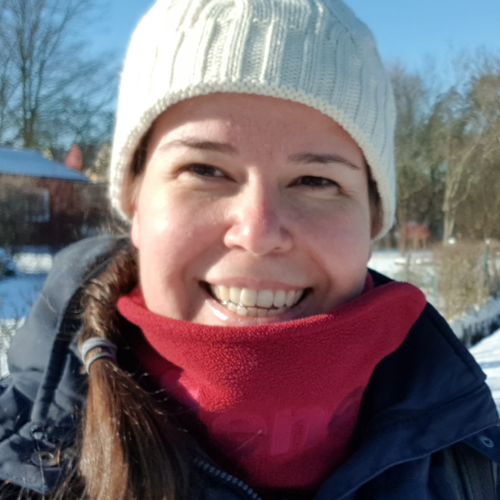
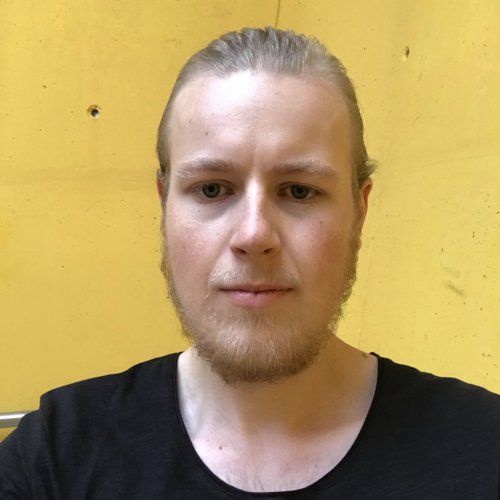
Dr. Ingrid Linck Rosenhaim is a postdoc
in the M-VRE webODV group and is responsible for the
conversion of the MOSAiC data stored in the Pangaea
archive. She has a Ph.D. in Geosciences from Jacobs University
Bremen, a Master’s in Marine Geology, and a Bachelor’s in
Geography from UFRGS-RS-Brazil. Ingrid is a Python
programmer. Since her Bachelor’s, she works with polar
regions, and during her Ph.D. studies, she worked with ocean
modeling in the Arctic Ocean.
Dr. Mohamed Chouai obtained his bachelor's degree in automation and control in industries (2014), his
master's degree in industrial computing (2016) and his PhD
degree in signals, design of systems and their applications
from the University of Mostaganem, in Algeria, in cooperation
with the University of Cartagena in Spain, for the development
of systems based on machine learning / deep learning
technology and the image processing (2020). He worked at the
University of Pardubice (Czech Republic) as a Postdoc
researcher on the development of automatic monitoring systems
using artificial intelligence. His research interests include:
Machine / Deep Learning, Image Processing, Video Processing,
Pattern Recognition, Computer Vision and Object Recognition.
Arne Osterthun is working at the DLR Institude of Data
Science in Jena. He obtained his bachelor’s degree at Bauhaus
Universität Weimar with a focus on mixed/virtual reality applications
(https://bit.ly/362njle, https://bit.ly/3xcA8Fv).
In his bachelor thesis he researched performance implications and
storage requirements of persistent storage solutions for
sparse arrays.
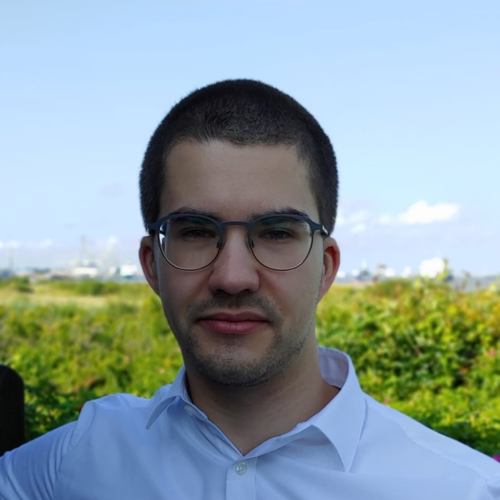
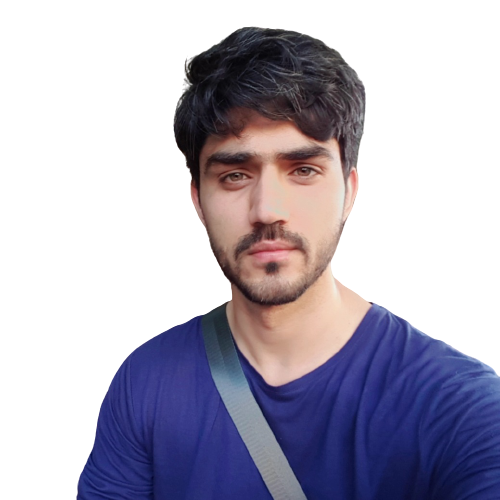
Felix Reimers is a PhD student at AWI's MarDATA school and
holds a master of mathematics from University Braunschweig,
Germany.
Felix has deep experience in mathematical optimization,
neural networks and their robust counterparts and image
classification. He stayed a semester at Budapest
University of Technology and Economics as well as at the
Stellenbosch University in South Africa. While Felix is
not directly (funded) a project member, he is part of our
group and working closely with us.
Irfan Khan studied Bachelor in computer
science engineering at HPU, Shimla, and a Master in
distributed software systems
at TU Darmstadt. He worked at the
Distributed Systems Lab, Darmstadt as an Academic
Assistant for the development and deployment of an SDN
controller on a bare-metal switch. At GSI Gmbh,
Darmstadt he worked as a scientific programmer for
data acquisition from UNILAC, a linear ion accelerator
facility situated in the outskirts of Darmstadt.
Later he worked in the Autonomous Driving Lab,
Darmstadt as an Academic Assistant for conceptualizing
data processing architecture and HMI for an autonomous
vehicle. Irfan was then employed at DKFZ, Heidelberg
in the Systems Biology group as a junior computer
scientist where he managed scientific software and
systems for the group. Now he joined DKRZ, Hamburg as
a computer scientist in the Data-management group for
the M-VRE project.